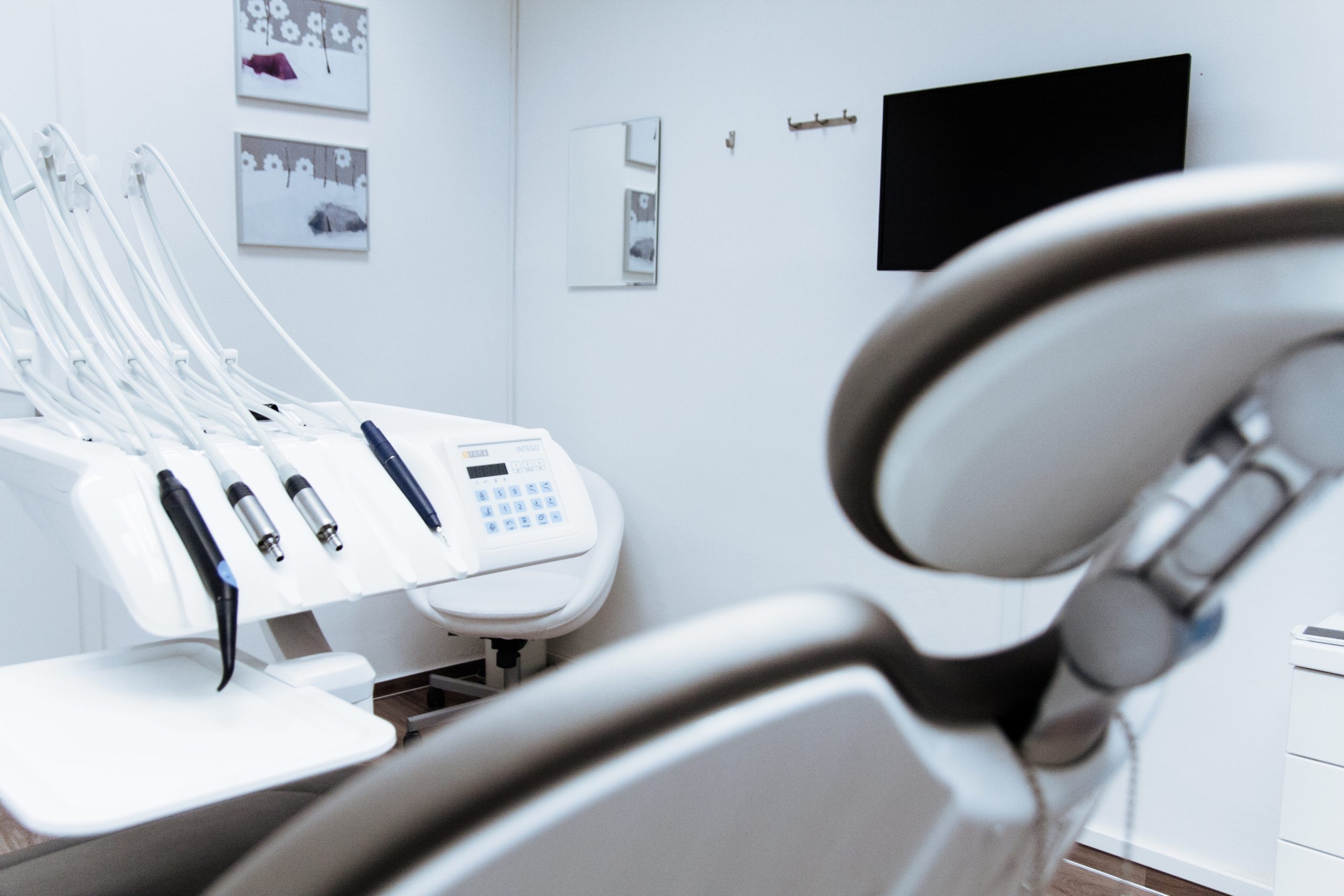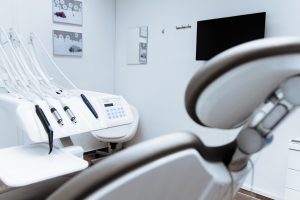There are a number of laws in place to ensure that patients are protected and never sent out for unnecessary referrals that may be more financially than medically motivated.
For this reason, Florida has instituted the Florida Patient Brokering Act, otherwise known as anti-kickback statutes, that may impact local healthcare clinics and medical offices.
What Is the Patient Brokering Act?
The Patient Brokering Act in Florida makes it illegal for any organization to provide bonuses, split-fee arrangements, benefits, commissions, or any kickbacks for patient referrals.
This means that a specialist may not pay a commission or kickback to a general practitioner for referring a patient to their care, nor can any healthcare office offer a bonus or rebate to any patient for choosing their services.
How Did the Florida Patient Brokering Act Change Healthcare Practices?
Previously, it was normal practice for one healthcare facility to recommend a certain provider or treatment center to patients who sought care outside of the originating facility’s purview. In return, the referred party might pay a commission on the services rendered to that patient or otherwise offer a bonus or kickback of some kind for that referral.
Unfortunately, that practice resulted in a number of referrals being made for patients who may not be in medical need of that care. With the goal of generating a kickback, a referring facility might send a patient to the partner provider even if it was not for a necessary treatment. This meant that the referred facility would charge the patient’s insurance for care that may or may not be medically necessary, creating an abuse of insurance and, in some cases, putting the patient at risk as well.
What Do the Florida Patient Brokering Laws Mean for Florida Healthcare Providers?
For healthcare facilities or providers that have been charged with patient brokering, action is needed. Contacting a healthcare attorney is essential to making sure that you are fully equipped to protect your reputation and get back to focusing on what you do best.
No healthcare professionals are immune to the Florida Patient Brokering Act. Doctors, dentists, and pharmacists may all be accused of taking kickbacks for patient referrals.
Similarly, hospitals, dental offices, drug addiction treatment programs, nursing homes, and pharmacies can be brought up on the statute as well.
Are There Any Exceptions to the Anti-Kickback Statutes in Florida?
Yes, there are a few. Perhaps the most important of these is that providers within the same group practice can avoid repercussions for referrals with any financial benefit if they are for providers within the same group.
Similarly, some contracted health benefit plans can circumvent the problem as well.
If you are facing charges due to the Florida Patient Brokering Act, reach out to the Florida Healthcare Law Firm today and set up a consultation.



 By:
By: 
 Three family members involved in owning an addiction treatment center and/or a toxicology lab were charged in July with patient brokering and money laundering in an alleged scheme involving roughly $2 Million. The allegations arise out of a complex corporate enterprise involving at least four companies and some common ownership between the treatment center and lab. While it’s premature to assume that the defendants did anything illegal, there are some interesting things in this case:
Three family members involved in owning an addiction treatment center and/or a toxicology lab were charged in July with patient brokering and money laundering in an alleged scheme involving roughly $2 Million. The allegations arise out of a complex corporate enterprise involving at least four companies and some common ownership between the treatment center and lab. While it’s premature to assume that the defendants did anything illegal, there are some interesting things in this case:
 By:
By: 
 By:
By:  Has your attorney ever told you to do your best to comply with certain safe harbors to the Federal
Has your attorney ever told you to do your best to comply with certain safe harbors to the Federal  By:
By: